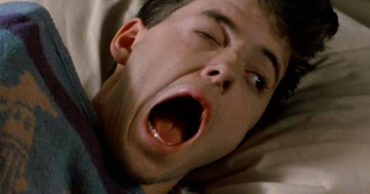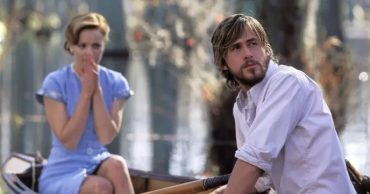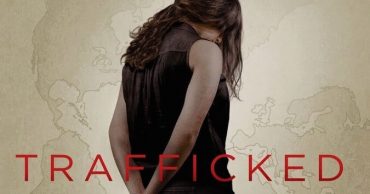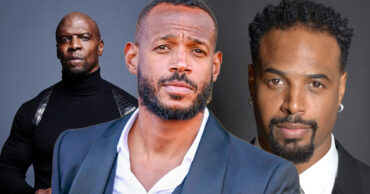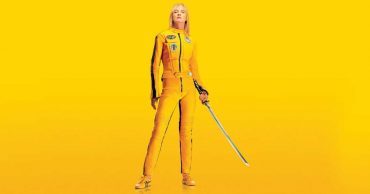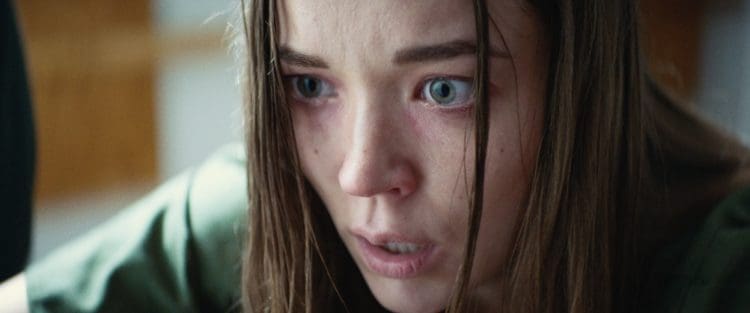
This week Montreal’s Fantasia International Film Festival came to a close after screening everything from studio films such as Fox Searchlight’s Ready or Not and Neon’s Little Monsters to Asian titles such as Sadako and Promare. David Marmor’s feature directorial debut, 1BR, also made a splash preying on the fears of communal living and the premise of people not being quite what they seem. The performance by newcomer Sarah Brydon Bloom was highly effective, also adding to the terrifying tale was the tingling score by composer Ronen Landa. We caught up with Landa to discuss 1BR, his other upcoming film, Yinz, and a wide variety of other topics.
-Because 1BR is more psychological than physical, did that change your musical approach at all?
One of the interesting things about working on film scores is that the music can move between the layers of text and subtext. I’m always interested in characters and their inner world, so I look for ways to introduce that sense of intrigue and drama. At the same time, I want the music to stay closely integrated with the action as it unfolds.
This is an idea I carry across different films, and in the case of 1BR it manifested in really interesting ways because the film is an entirely subjective experience told through the lens of our protagonist Sarah. There is one scene that comes to mind (which I don’t want to spoil!) where the first part of the cue tracks a very intense physical experience she is having, but halfway through the music takes a sharp turn away from the action and into very sensitive, almost mournful territory – even though the scene more or less continues as before. David Marmor (director) and I both love this moment because the score is so perfectly an extension of Sarah’s mind in that moment. We knew that for the audience to be invested in Sarah’s journey, the music would have to cement their emotional connection to her.
-1BR just premiered at the Fantasia Film Festival. Did the audience respond to the film the way you thought they would? Or were there some surprises?
Oh there are always surprises with an audience! I spend so much time with a film during the scoring process, and it’s easy to forget what it was like to experience the story for the first time. When it finally screens it’s a thrill to see people reacting with surprise.
I had admittedly lost sight of this great sense of humor that David brought to certain characters and moments in the film. It was great to hear the audience laughing, especially as a cathartic release after a tense or disturbing moment. In a film like this we are also gaming the audience a bit with setups, misdirects and big scares– it’s incredibly fun and satisfying to see those moments land as intended.
-Were there any specific challenges scoring 1BR? If so, what were they?
Every score presents some unique dramatic questions that need to be ‘solved’ musically. In this film there are two significant set pieces, one of which launches the major drama of the narrative and another which spans the final 8 or 9 minutes of the film. Both these pieces were lengthy and had to stay interesting throughout, and they also had to successfully navigate complicated story elements to clarify the narrative.
The advantage I had with these challenges was an excellent partnership with the director. David knew exactly what story he wanted to tell and how music fit into that picture. At the same time, he was very open to my suggestions and ideas. I was really thrilled with the end result for both those cues, and they are a snapshot of the working relationship David and I had throughout the process. I’ve always said a great film score is one where the director and composer are speaking together in the music, and I feel that this score is one where we achieved that kind of organic collaboration.
-You also scored the horror films The Pact and At the Devil’s Door. Did any unused cues for those film make it in to 1BR?
No. David and the producers were definitely drawn to my music from those films, and we used some of those cues as temp placeholders to help us stake out our direction before new music was written. For that reason I think you can feel some echoes of the vibe and approach that I took in those scores here in 1BR.
At the same time, I feel every film should have its own sonic universe that is unique and deeply connected to the particular story and visuals. This film takes place in a seemingly typical apartment complex that turns out to be anything but normal, and I wanted to find elements that would help accentuate the otherworldly quality of Sarah’s experience. One of my favorite examples of this is a vocal motif that I processed with layers of pitch shifts, distortion and echoes. At the sound mix we created an immersive surround effect for that motif which really accentuates the impact.
-Your other film, Yinz, is being released later this year. How would you describe your score for this film?
I’m so excited that this film will be getting out there! This was a very different kind of score. There are no special effects, no synthesized or electronic elements. Yinz is a completely acoustic/orchestral score, and it covers a sizable swath of dramatic territory– there is quirky comedy and action and also those key sensitive moments. The challenge was to make that feel cohesive, so I composed strong melodic themes that are woven through all those different kinds of cues.
-We read that you got to use an orchestra for Yinz. Did this factor change how ‘present’ the score was for the film?
It’s a rare treat to work with a full orchestra on an independent film like Yinz, and director Jeremy Michael Cohen and I felt that it was an important choice. The story centers on just a handful of high schoolers and takes place in a small rust belt town, but we wanted to reflect the emotional magnitude that adolescents feel with respect to interpersonal drama at that age. There is a sense of expanse and dimension that comes with a musical ensemble of that size, and I love how that works with the film.
-What was the last film or tv score that really stuck out to you?
There is so much good work happening all the time! I’m grateful to be making music in this inspiring moment when so many artists are exploring the boundaries of score with both great traditional composition and inventive production techniques. I did just recently finish Chernobyl on HBO, and Hildur Guðnadóttir’s score was so haunting. I love that she used found sound to construct her palette (a technique I am fond of myself), and the ambient tones of her score through five episodes were the perfect setup for the traditional Vichnaya Pamyat hymn at the end. Hearing the purity of that choir all of a sudden is just decimating– so well done.
-Is there a genre or specific type of project that you haven’t gotten to score yet that you would like to?
I’ve been lucky to at least dabble in almost every genre, which is a facet of my career that has been a real blessing. What ultimately makes a project exciting for me is working with a creative team that wants a thoughtful and imaginative score, and that can happen in any genre. That said, I do have a bit of an “elevated” science fiction itch I’d like to scratch at the moment. I’ve really enjoyed some of films and series in that world in recent years. I have one writer friend who is working on a few absolutely fantastic science fiction screenplays, so fingers crossed he gets to make them!
 Follow Us
Follow Us
